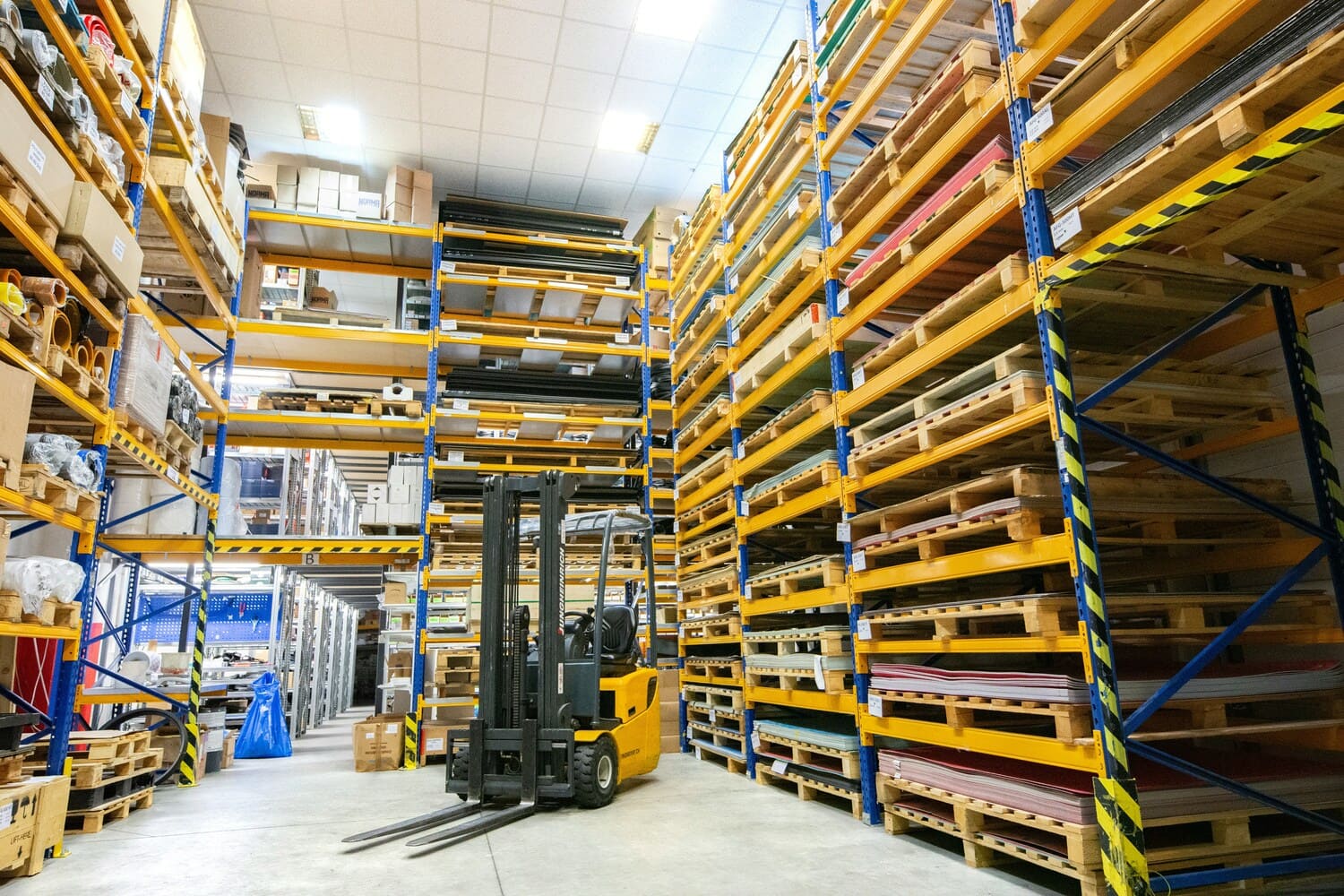Industrial Automation: definition and applications
Industrial automation systems allow machinery to operate at a productive pace and a high degree of...
A new paradigm in logistics management is emerging for companies that want to stay competitive in the markets. Understanding and integrating new management methodologies into the distribution system can be the key to keeping pace with evolving trends and offering unparalleled customer service.
Digitalization has enabled the industrial landscape to make a significant contribution to the optimization and efficiency of industrial systems. A revolution that represents innovation in supply chain management as well, leading to a reevaluation of logistics processes from a 4.0 perspective. If the goal is to stay competitive in a rapidly evolving market, it's important to understand the meaning of logistics 4.0.
The term refers to the integration and optimization of logistic operations through the implementation of advanced technologies, such as IoT and Artificial Intelligence. These are interconnected with big data analysis and create completely digitized logistic systems for optimal information management. Operational efficiency is provided by the transparency of information and the real-time status of supplies, as they reduce decision-making times.
The logistics process hub is the warehouse, but it requires cutting-edge technological solutions that optimize and automate its operation. An effective warehouse organization brings significant benefits to the company's operating system, such as time savings and speed of delivery.
If neglected, stored goods are kept for long periods, causing severe issues with traceability and accessibility of items. If efficient, management ensures quality customer service, speeding up operations, and improving the distribution system control. It can be considered the answer to companies' need to monitor incoming and outgoing warehouse flows.
Logistics 4.0 differs from traditional management systems due to the digitization of processes, interconnections with modern digital technologies, and advanced automation.
Operational efficiency means the ability to perform a given task in the shortest time and at the lowest possible cost.
Embracing digital transformation in processes becomes an opportunity for companies to improve work quality and operational efficiency.
Among the advantages that optimized logistics offers to companies are:

A logistics management system from a 4.0 perspective requires a significant initial investment and technical skills. This means acquiring advanced hardware and software, but especially internal personnel capable of managing and following these systems. Integrating existing systems with new technologies can be difficult, especially if interoperability between them is complex.
The goal is to achieve a unified and homogeneous view of logistic operations, but this is a result that can hardly be completed without hitches. A total conversion to digital management systems can cause a "dependency" on technology and a sort of vulnerability. The solution might be to develop "operational resilience" to ensure uninterrupted operations. Technological issues are common, but a gradual transition allows companies to deal with challenges daily.
For us at Priver, the solution to storage systems is the use of automatic vertical storage systems and solutions. This allows us to simplify warehouse operations and ensure safe, automatic, and rapid picking. Perfectly integrated with our management systems, these solutions allow us to save time and improve the efficiency of distribution processes. A necessary step, as well as a need to keep up with changes and optimize our activities with total safety and efficiency.
Industrial automation systems allow machinery to operate at a productive pace and a high degree of...
New year, time for forecasts. What will be the main trends accompanying us during 2024?